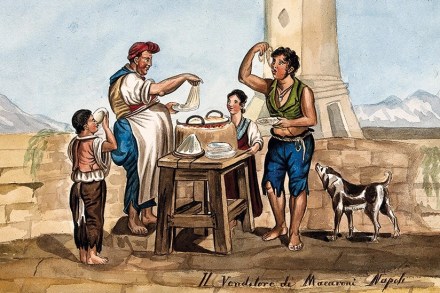Singeing the King of Spain’s beard was one provocation too many
In the 1964 Hammer film The Devil-Ship Pirates, a privateer of the defeated Spanish Armada escapes the English fleet and puts in for repairs at an isolated coastal village whose inhabitants have not received news of the battle’s outcome. There the Spanish convince the villagers that Spain was victorious, and so impose submission on them.




















